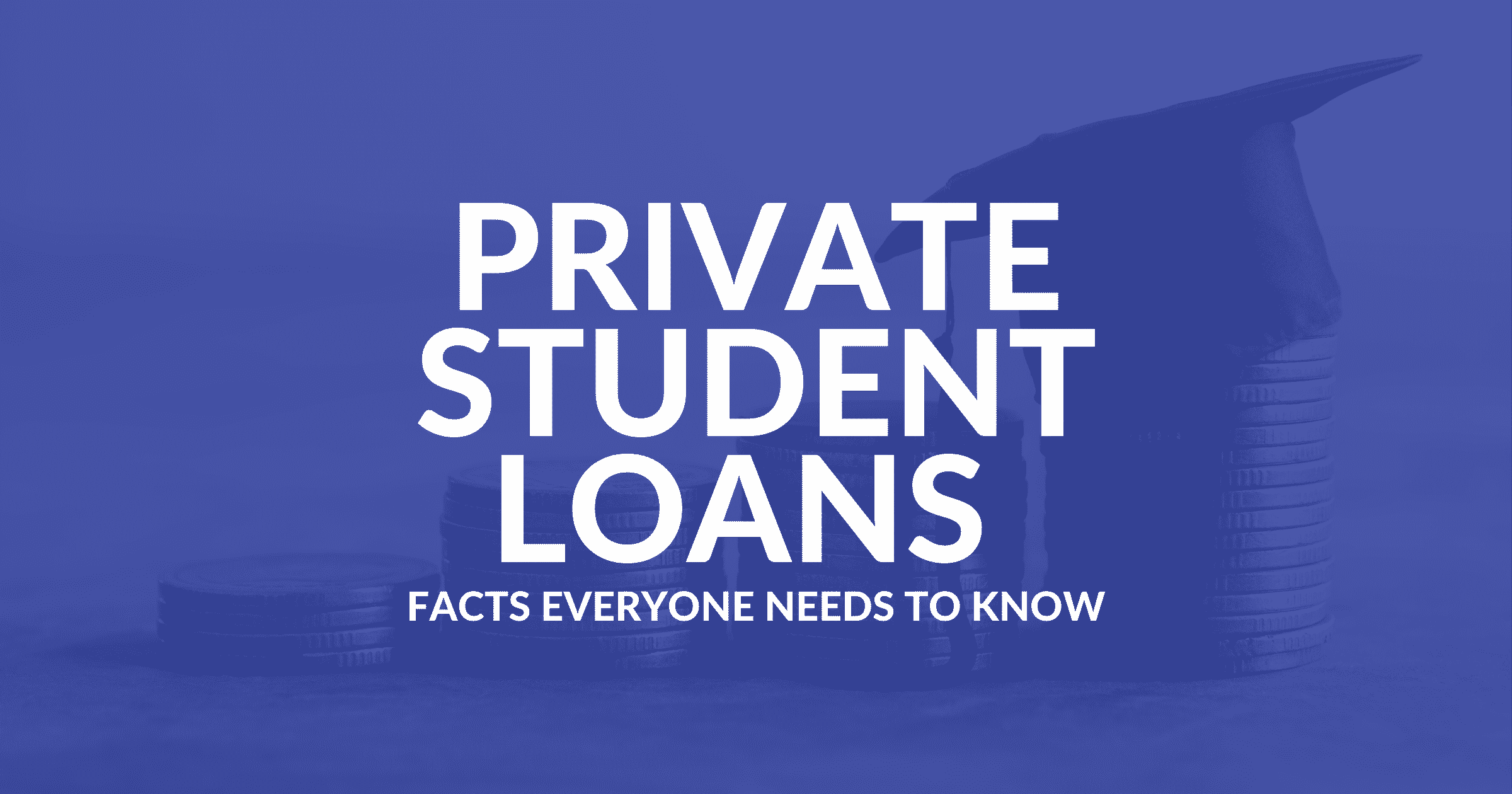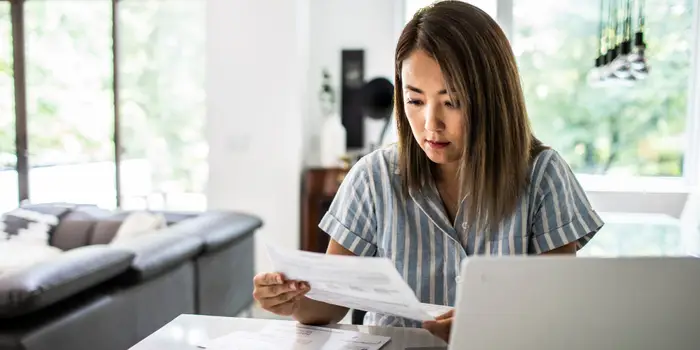When you default on a private student loan, several things can happen, and these actions can have serious long term consequences. The specific details might vary based on the terms and conditions of your loan agreement and your lender’s policies, but here are the general steps:
Missed Payments
Defaulting starts when you fail to pay your student loans as agreed. When you miss a payment, the loan becomes delinquent. The time between when a loan becomes delinquent and moves into default can vary depending on the lender and the loan agreement terms. For many private student loans, default occurs after you’ve missed three or more consecutive payments (usually after about 90 to 120 days), but the exact timeline can vary.
Late Fees And Increased Interest
When you miss a payment, the lender can add late fees to your loan. You must pay These additional costs on top of the principal and interest you owe. Moreover, depending on your loan agreement, the lender might increase the interest rate on your loan. This could significantly increase the total amount you owe over time.
Negative Impact On Credit Score
If you fail to make payments, your lender will report your missed payments to the credit bureaus. This could cause your credit score to drop significantly. A lower credit score can make it more challenging to qualify for credit cards, mortgages, car loans, and other types of credit in the future. It can also affect your ability to rent an apartment since many landlords check credit scores during tenant screening. Some employers also check credit scores as part of their hiring process, especially for jobs that involve handling money.
Loan Acceleration
Some private student loan agreements include a clause called loan acceleration. If you default on your loan, the lender might invoke this clause. When loan acceleration is invoked, the loan balance becomes due immediately rather than over the originally agreed upon period. This can result in you owing a large amount of money simultaneously.
Collection Agencies And Legal Action
If you do not pay the loan after it goes into default, the lender might turn your account over to a collection agency. Collection agencies use various methods to collect the debt, including constant phone calls and letters. Moreover, the lender or collection agency might sue you for the outstanding debt. If they win the judgment, they can use various methods to collect the debt, such as garnishing your wages, placing a lien on your property, or seizing your bank account.
Collection Costs
In addition to the principal, interest, and late fees you already owe, you might also be responsible for the costs of collecting the debt. This can include legal fees if the lender or collection agency sues you and fees charged by the collection agency. These additional costs can make the total amount you owe significantly higher.
Difficulty In Discharging Debt
Student loan debt is notoriously difficult to discharge in bankruptcy. This means you will likely still be responsible for paying your student loans even if you declare bankruptcy. This makes student loans unique compared to other types of debt, such as credit card or mortgage debt, which can typically be discharged in bankruptcy. Considering these consequences, contacting your lender as soon as possible is crucial if you’re having trouble making student loan payments. They can help you avoid default by modifying your payment plan, offering a temporary forbearance, or making other adjustments to your loan agreement.
Conclusion
Defaulting on a private student loan is a serious matter that can have far reaching negative consequences. When borrowers default, they can face late fees, increased interest rates, a significant drop in their credit score, and possibly even legal action. It’s important to remember that, unlike other forms of debt, student loans are difficult to discharge in bankruptcy, making the borrower responsible until the debt is paid off. Because the implications of default are so severe, exploring all available options before a default occurs is strongly recommended. Borrowers facing difficulties making payments should proactively contact their lender to discuss alternatives such as modified payment plans, temporary forbearance, or other adjustments to their loan agreement. While private student loans typically lack the same forgiveness options as federal loans, every situation is unique, and lenders may provide solutions tailored to the borrower’s circumstances.
FAQs
How does defaulting on a private student loan affect my credit score?
Defaulting on private student loans can significantly negatively impact your credit score. The default will be reported to the credit bureaus, which could cause your credit score to drop substantially. This could make it more challenging to get credit in the future.
Can I be sued for defaulting on a private student loan?
If you default on a private student loan, the lender or a collection agency can sue you to recover the money you owe. If they win the lawsuit, they may be able to garnish your wages, seize your bank account, or put a lien on your property.
Can I negotiate with my lender if I default on my private student loan?
Yes, it’s possible to negotiate with your lender even after you’ve defaulted. Some lenders may be willing to settle for a lump sum payment of less than the total amount you owe. Others might agree to modify your payment plan. It’s crucial to get any agreement in writing.
Can my private student loan debt be forgiven?
Unlike federal student loans, private student loans typically do not have forgiveness programs. However, in rare circumstances, such as permanent disability or the closure of your school, some lenders may forgive the loan.












